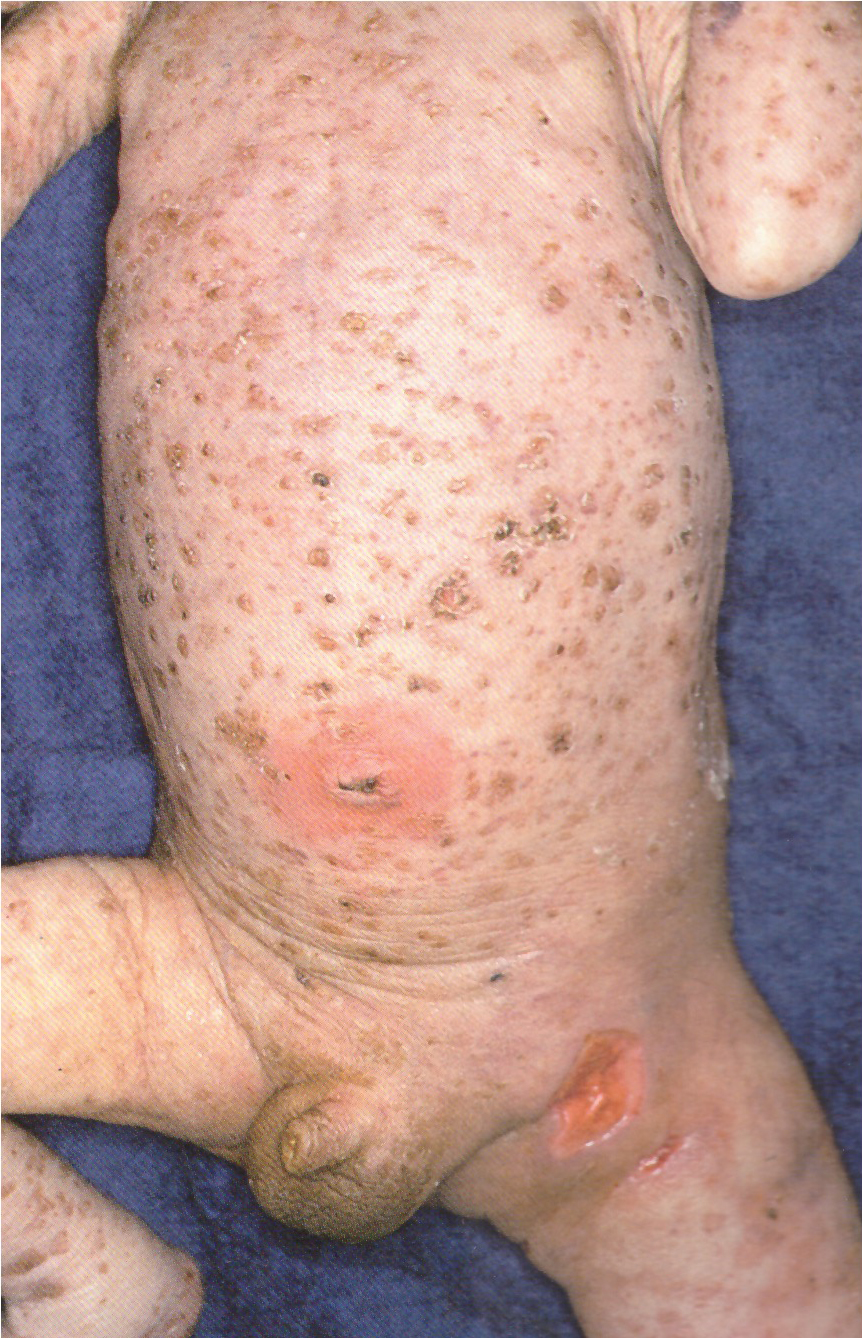Langerhans cells histiocytosis: I - Cutaneous self-healing congenital variety.

Downloads
How to Cite
Abstract
In the last 15 years Langerhans cell histiocytosis has faced important changes from a clinical and biological point of view. Clinically speaking, the prognosis and the therapy of this disease has been modifying due to always more frequent reports, especially from dermatologists, concerning clinically benign, self-healing varieties. Biologically speaking, the introduction of immunohistochemical techniques has diminished and opened to discussion the importance of the ultrastructural finding of the Birbeck's granules, which for years has been considered the consistent marker of this disease. In this report, we deal with the problem of differentiating between the severe multisystemic varieties of the disease and the benign self-healing ones, from a clinical point of view. The aim is to avoid aggressive therapies to children who do nor really need them and, simultaneously, to keep in mind the necessity of an early identification and treatment of the most severe varieties. Therefore, the clinical features of 46 cases of congenital self-healing Langerhans cell histiocytosis with involvement of the skin (43 cases of a literature consistently increasing in time plus 3 personal cases) are reviewed from a dermatological point of view and compared with those of 90 Italian cases with bone and soft tissue involvement and thus of prominent oncological pediatric interest. The conclusion of this report is that favorable prognostic significance may be attached to such factors as an early age of onset, provided that the skin alone is affected, a small (under 40) number of lesions, the presence of nodular lesions (over 4 millimeters in diameter), the polymorphic and polychromatic nature of the eruption, its prompt resolution (under 3 months) and, finally, the involvement of only one organ, especially the skin.
